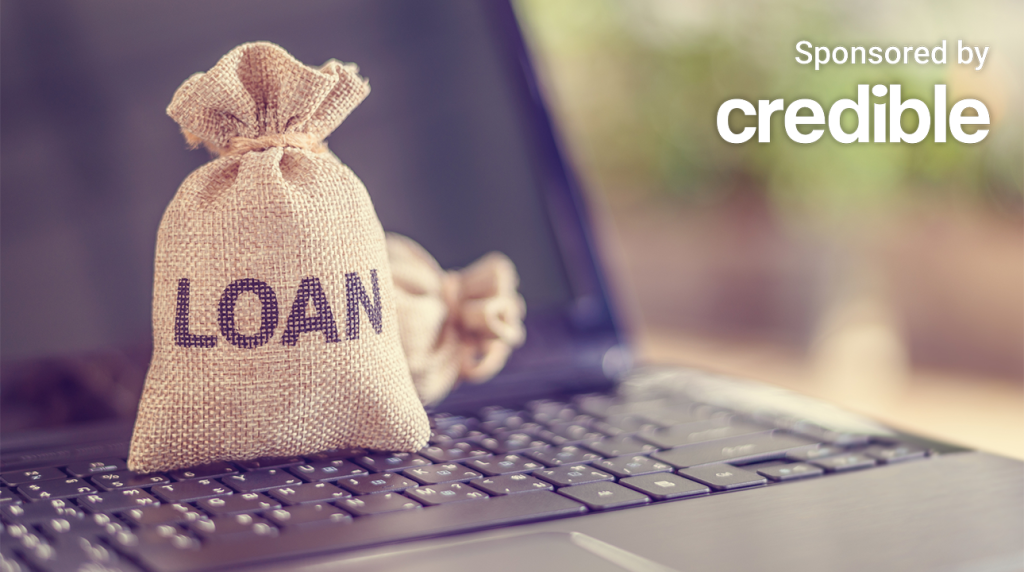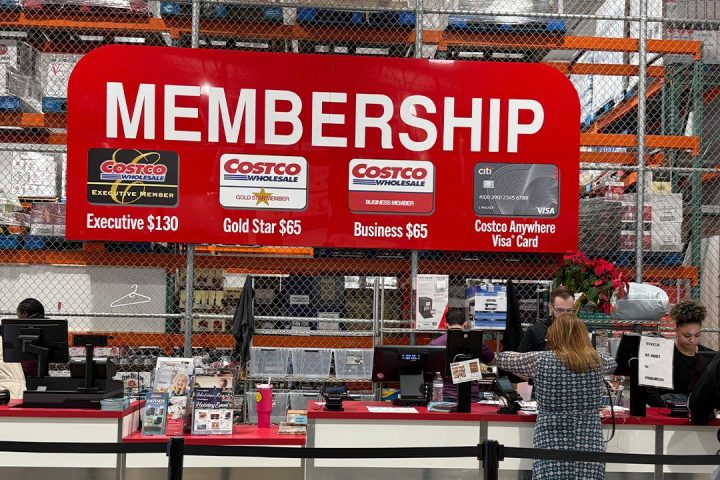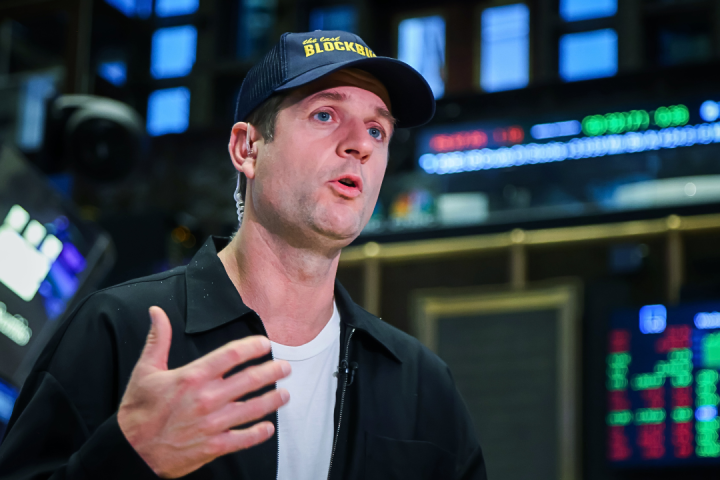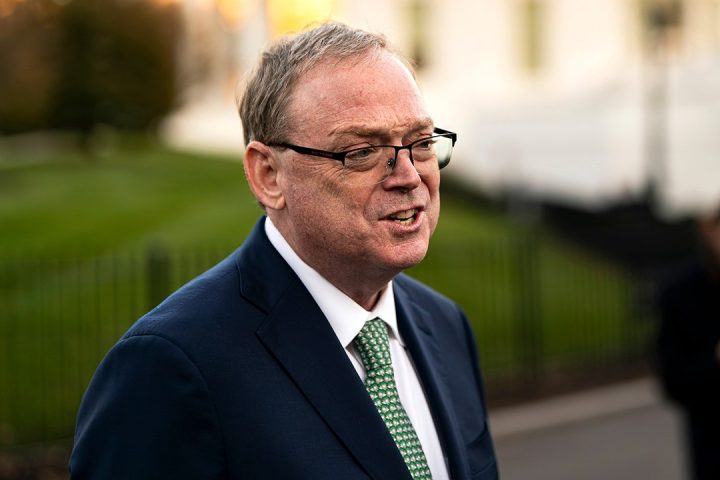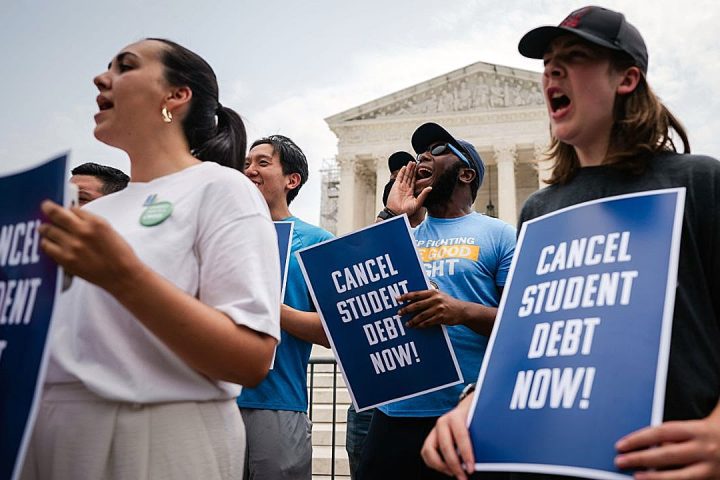The National Collegiate Student Loan Trusts (NCSLT) and loan servicer Pennsylvania Higher Education Assistance Agency (PHEAA) may have to pay $3 million in compensation to student loan borrowers whose requests for payment relief, including during the COVID-19 national emergency, went ignored, according to Consumer Financial Protection Bureau (CFPB).
The student loans in question are private and part of a securitized pool of loans acquired by NCSLT, the CFPB said in a statement. Since 2006, PHEAA has been the primary servicer for active loans held by the NCSLT and services a portfolio of nearly $17.8 billion in student loans.
The CFPB filed an enforcement action against NCSLT and PHEAA for failing to respond to borrowers seeking relief from student loan payments. The complaint, filed in federal court in Pennsylvania, alleges the defendants violated the Consumer Financial Protection Act of 2010 by ignoring thousands of borrower requests seeking payment or interest rate reduction on loans held by the NCLST.
If approved, the student loan companies may have to pay $2 million in penalties and $3 million in compensation to borrowers, including $200 payments to borrowers who did not receive timely responses.
“The CFPB has taken action against a web of investment trusts that failed student loan borrowers, including at the height of the pandemic,” CFPB Director Rohit Chopra said in a statement. “Our law enforcement action makes clear that investors cannot sidestep accountability by playing games of corporate musical chairs.”
Private student loan borrowers can’t benefit from federal loan relief. But you could lower your monthly payments by refinancing to a lower interest rate. Visit Credible to speak with an expert and get your questions answered.
MORTGAGE LOAN LIMIT RISES ABOVE $1.1M AS HOME PRICES SURGE
Federal student loan forgiveness heats up
President Joe Biden’s Saving on a Valuable Education (SAVE) Plan could lower borrowers’ monthly payments to zero dollars, reduce monthly costs in half and save those who make payments at least $1,000 yearly.
Since the launch of SAVE, nearly 8 million borrowers have received relief, including 4.5 million with a $0 monthly payment. The latest round of student loan cancellations target $7.4 billion in student loans for 277,000 borrowers, the Department of Education said in a statement. This brings the total debt forgiven over Biden’s presidency to $153 billion.
Also in the works is a plan to eliminate student debt for millions of more Americans struggling with student loans. The proposal, an alternative to his original debt forgiveness proposal blocked by the Supreme Court last June, would waive up to $20,000 for millions of borrowers whose balances have grown because of unpaid interest and automatically discharge debt for borrowers eligible for loan forgiveness under SAVE, closed school discharge or other forgiveness programs, even if not enrolled. Additionally, student debt for borrowers who entered repayment for 20 or more years would be discharged. The plan would also provide relief to borrowers who experience hardship in paying back their loans.
“These distinct forms of debt relief are designed for borrowers struggling with their loans – and that’s a lot of people,” Under Secretary of Education James Kvaal said. “There are 25 million borrowers whose interest is growing faster than they can pay it down. That fact alone shows how badly President Biden’s student loan relief is needed.”
If you’re having trouble making payments on your private student loans, you won’t benefit from federal relief. You could consider refinancing your loans for a lower interest rate to lower your monthly payments. Visit Credible to get your personalized rate in minutes without affecting your credit score.
HOMEOWNERS COULD SAVE TENS OF THOUSANDS IN DAMAGES BY USING SMART DEVICES
Borrowers more likely to skip student loan payment
Consumers are increasingly struggling to keep up with debt primarily because higher prices are driving personal expenses up, according to a recent survey by Achieve.
Roughly one-third (31%) of consumers find it challenging to pay their revolving debt on time and most (65%) said it was because they didn’t have enough money to cover their spending. Beyond a lack of income, 39% of consumers struggle with owing money on too many accounts, while 27% are late because of cash flow timing differences between when they get paid and when their bills are due.
Additionally, 40% of consumers said they were more likely to delay or miss a payment on their personal or student loan debt to stay on time with their mobile phone, mortgage/rent and homeowners or renters insurance payments.
“Whether student loan borrowers don’t have enough money to pay all of their bills or they’re waiting to see if more debt forgiveness will be approved in Washington, it’s clear that other debts are taking precedence,” Achieve Co-Founder and Co-CEO Andrew Housser said. “This data shows why the inability to enroll student loans in a debt resolution program or get them discharged in bankruptcy is an outdated and ineffective policy that does little to deter loan defaults.”
If you hold private student loans, you won’t be enrolled in a federal income-driven repayment plan, but you could refinance your loans to a lower rate. Visit Credible to compare options from different lenders without affecting your credit score.
BUY A HOME IN THESE STATES TO GET STUDENT LOAN DEBT RELIEF
Read the full article here

